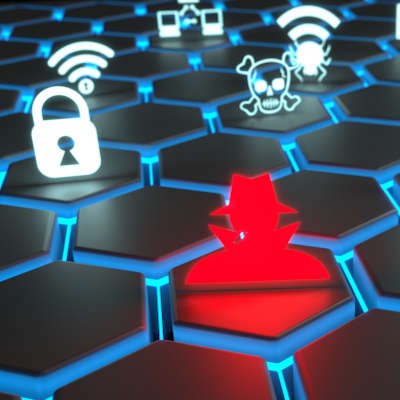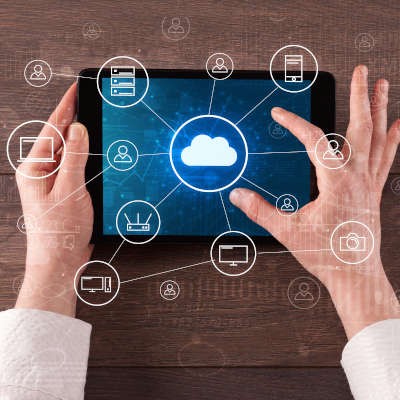Network Synergy Blog
For the past year or so, most workers around the world were forced to work remotely in order to adhere to the strict social distancing guidelines imposed by governing bodies. Now that the time has come to return to the office, many workers are finding that their expectations are a bit different than they were previously, forcing business owners to respond.
Not everyone has a living situation that is conducive to working from home. That’s why many people have some problems as they are forced to work remotely during the COVID-19 pandemic. One of the problems with not having a dedicated space or the right type of situation to get work done from home is that your physical health starts to suffer. Today, we thought we would go through a couple of ergonomic suggestions that can help any remote worker feel better when working long hours from home.
People have been examining the COVID-19 pandemic and the resulting economic and social shutdown from every angle. Unfortunately, some of those people took it as the opportunity they’ve been waiting for to try and steal data and in some cases money from unprotected and unprepared people and businesses online. Let’s examine how the events surrounding COVID-19 have had an effect on cybercrime.
















